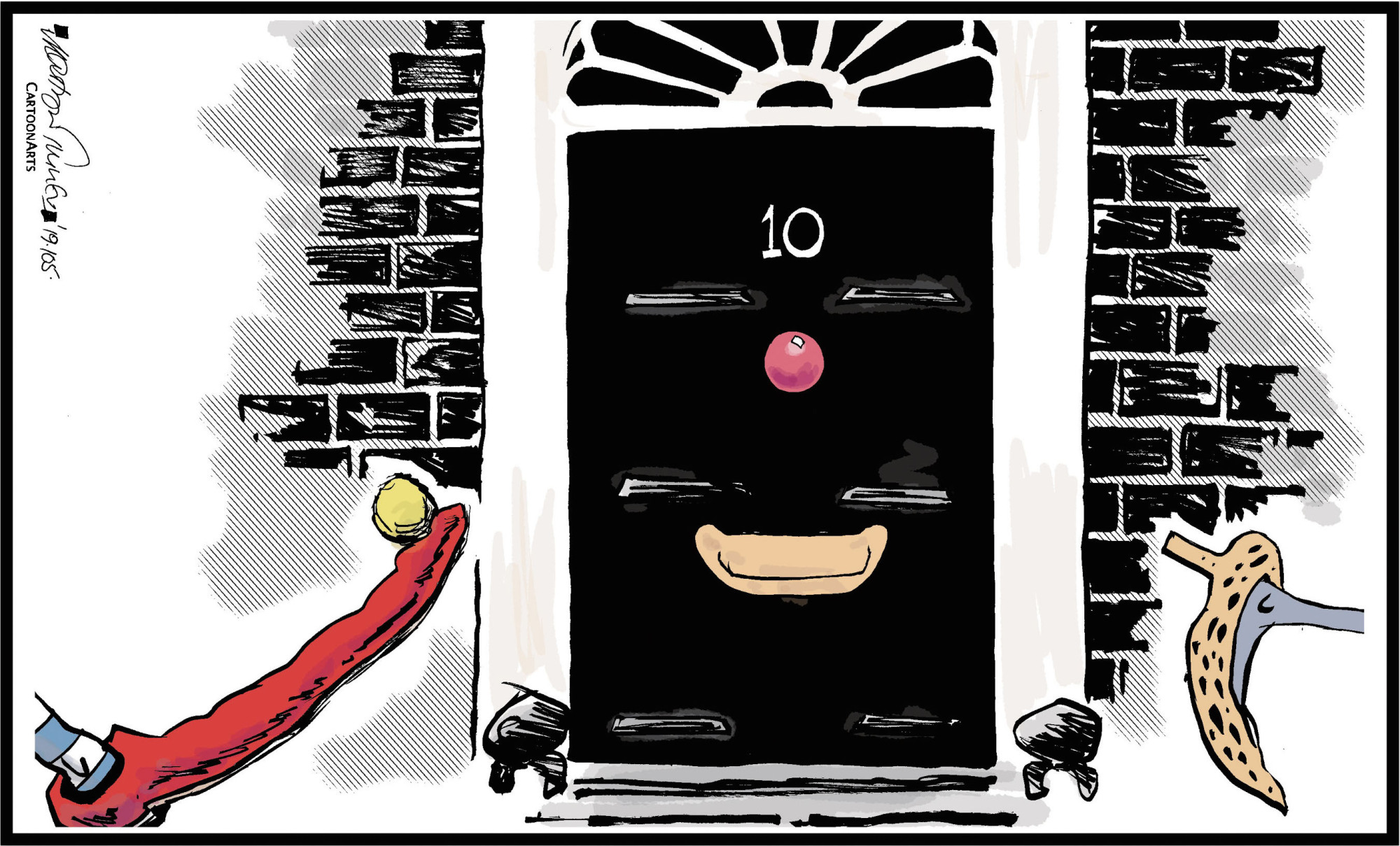Queen Elizabeth is accepting the resignation of Prime Minister Theresa May and is inviting a new prime minister in her place, Boris Johnson, to hold this high office and to form a government. She is doing this on the advice of her counsellors and on the assumption that he can maintain a majority in the House of Commons in support of his new administration and its main policies.
Since his party, the Conservative Party, only has a majority of three in the House of Common, and even that only when supported conditionally by a small ally, the Democrat Unionist Party of Northern Ireland, this is quite a brave assumption. It looks even braver when it appears that at least a dozen of his own party are poised to oppose one of his key policies — namely to allow the United Kingdom to cease being a member of the European Union on Oct. 31, even if no orderly arrangements, based on a properly negotiated deal between the U.K. and the EU authorities in Brussels, have been agreed.
The test on this will come not immediately, because Parliament now goes into recess for a month, returning Sept. 3. At any moment from then on Johnson's government, his prime ministership and his tiny majority could be challenged.

















With your current subscription plan you can comment on stories. However, before writing your first comment, please create a display name in the Profile section of your subscriber account page.